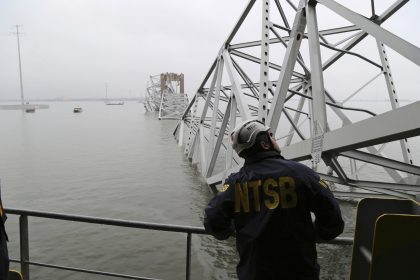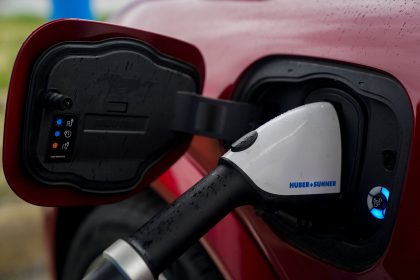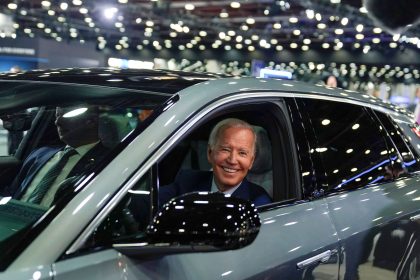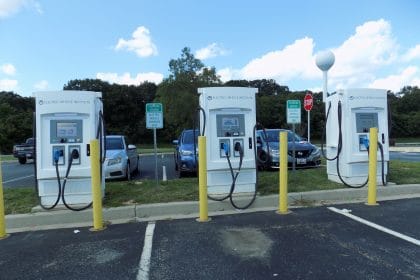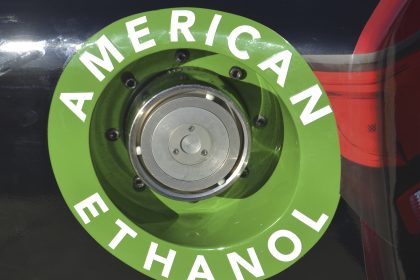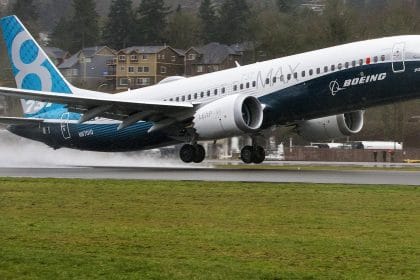$2.5B in EV, Alt Fuel Infrastructure Funding
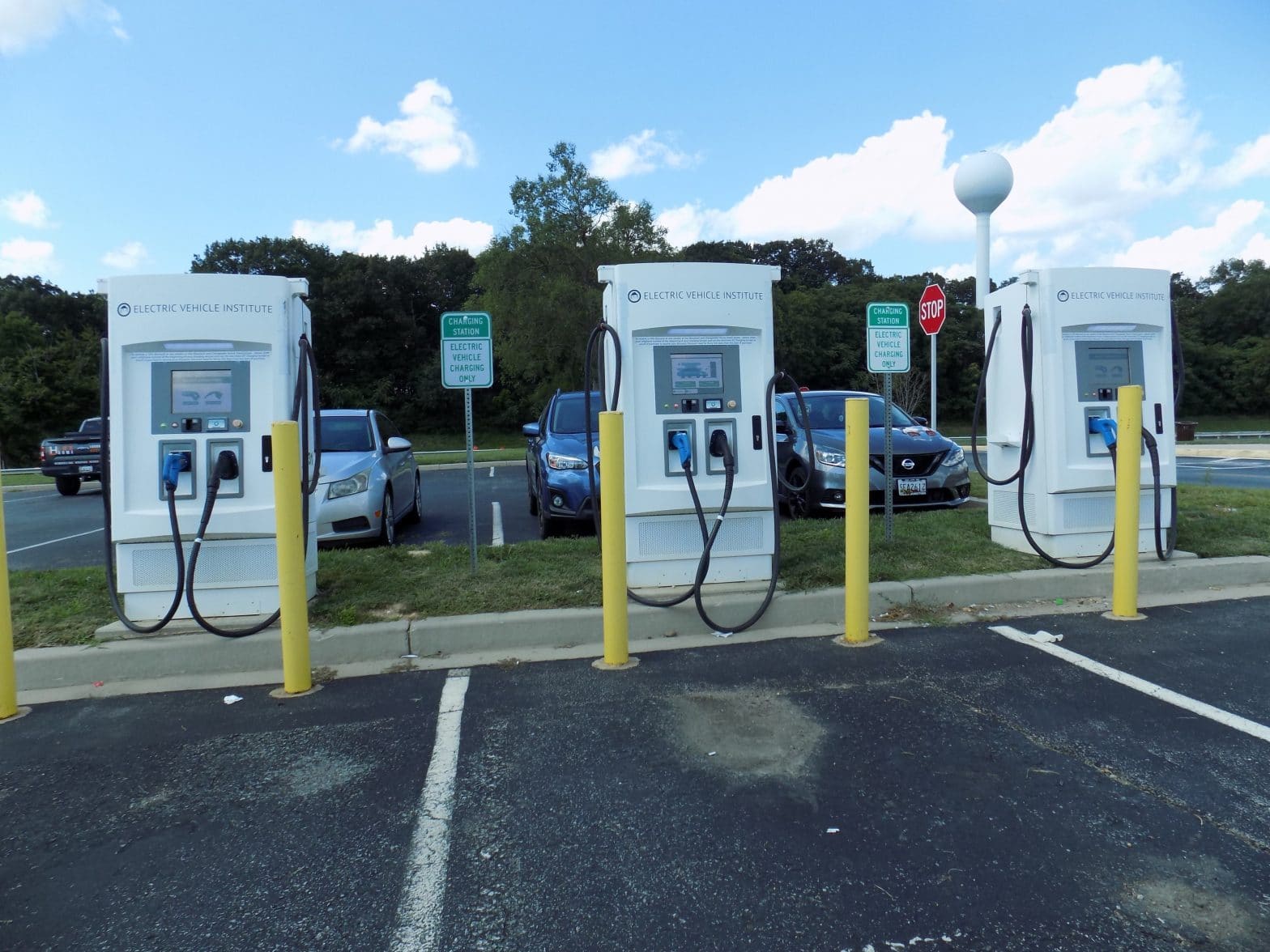
WASHINGTON — The White House and Dept. of Transportation have opened applications for the first round of an eventual $2.5 billion in funding to ensure the creation of new electric vehicle and alternative fueling infrastructure throughout the United States.
Eligible applicants include state, city, town and county governments, Native American tribal governments, public housing and Indian housing authorities, public and state-controlled colleges and universities, special district governments, metropolitan planning organizations and port authorities.
Program grants are divided into two categories: community charging and fueling grants and alternative fuel corridor grants.
Congress created the Charging and Fueling Infrastructure Discretionary Grant Program as part of the bipartisan infrastructure law providing $2.5 billion over five years for the program.
The first round of funding will make $700 million in funding from fiscal years 2022 and 2023 available to strategically deploy EV charging and alternative fuel infrastructure projects in urban and rural communities.
The projects should be in publicly accessible locations, including downtown areas and local neighborhoods, particularly in underserved and disadvantaged communities, according to an announcement on the DOT website.
The deadline for applications is May 30, 2023.
“By helping bring EV charging to communities across the country, this administration is modernizing our infrastructure and creating good jobs in the process,” said Transportation Secretary Pete Buttigieg in a written statement.
“With [this] announcement, we are taking another big step forward in creating an EV future that is convenient, affordable, reliable and accessible to all Americans,” he said.
The CFI Discretionary Grant Program builds on the $5 billion National Electric Vehicle Infrastructure Formula Program, for which the Federal Highway Administration published finalized minimum standards last month.
EV chargers constructed with CFI funds must adhere to those same standards, a requirement that supports a consistent charging experience for users and ensures that our national charging network is convenient, reliable and Made in America.
“Extending EV charging infrastructure into traditionally underserved areas will ensure that equitable and widespread EV adoption takes hold,” said Energy Secretary Jennifer Granholm in a written statement.
“Ensuring that charging stations are more visible and accessible in our communities addresses the concerns many American drivers have when considering making the switch to electric,” she said.
While the NEVI Formula Program sends money to states, Puerto Rico and D.C. to build EV charging infrastructure along designated interstates, U.S. routes, and state highways, the CFI Discretionary Grant Program awards competitive grants to projects serving a range of applicants to fill gaps in the national charging and alternative-fueling network and build out charging in communities.
A priority of the CFI Program is bringing EV charging into urban and rural communities, downtown areas and local neighborhoods, particularly in underserved and disadvantaged communities, as well as to designated alternative fuel corridors.
Both the NEVI and CFI programs will create good-paying jobs across the country as more workers are needed to install and maintain EV charging stations, and both programs will help put the country on a path to a nationwide network of 500,000 EV chargers by 2030, administration officials said.
Dan can be reached at [email protected] and @DanMcCue



















